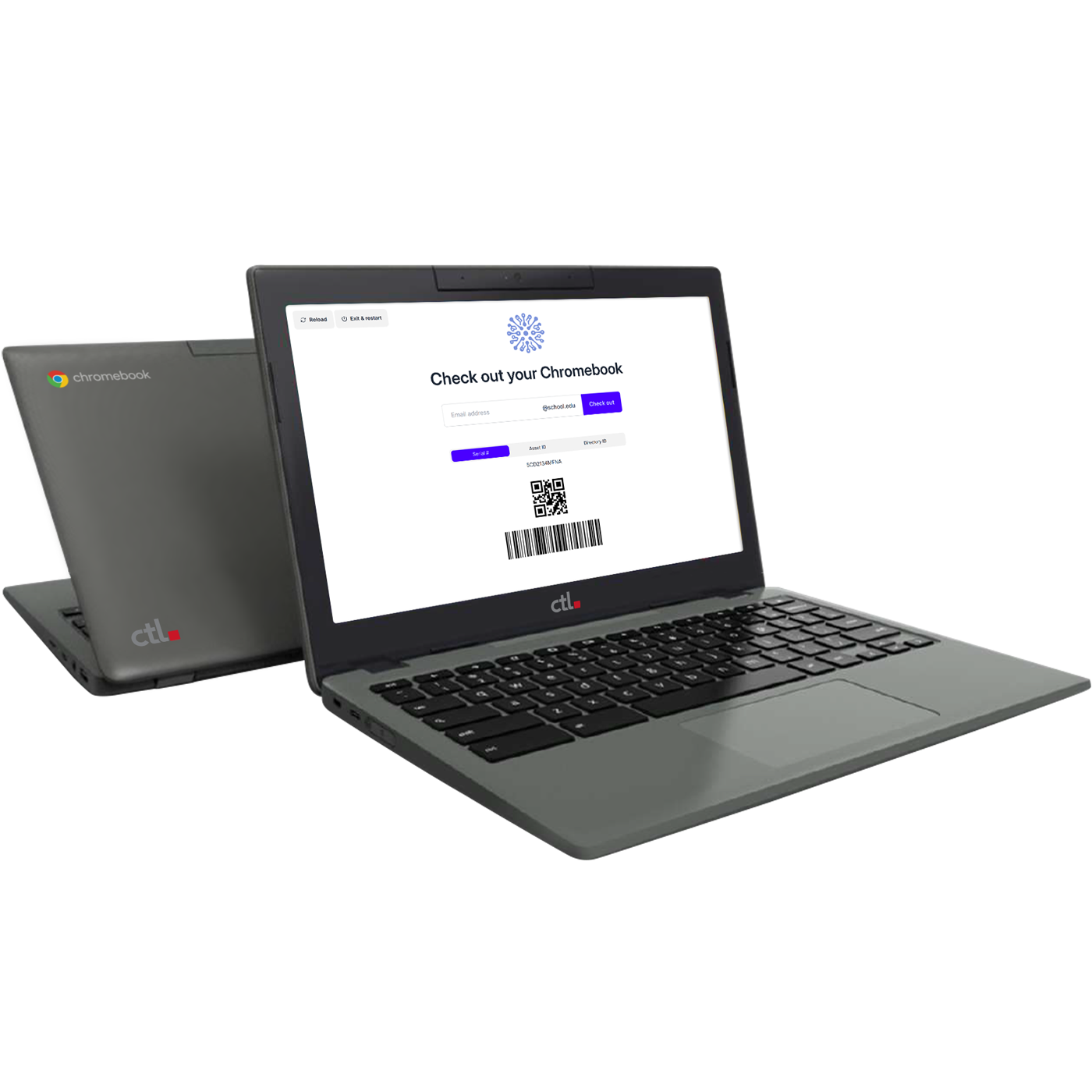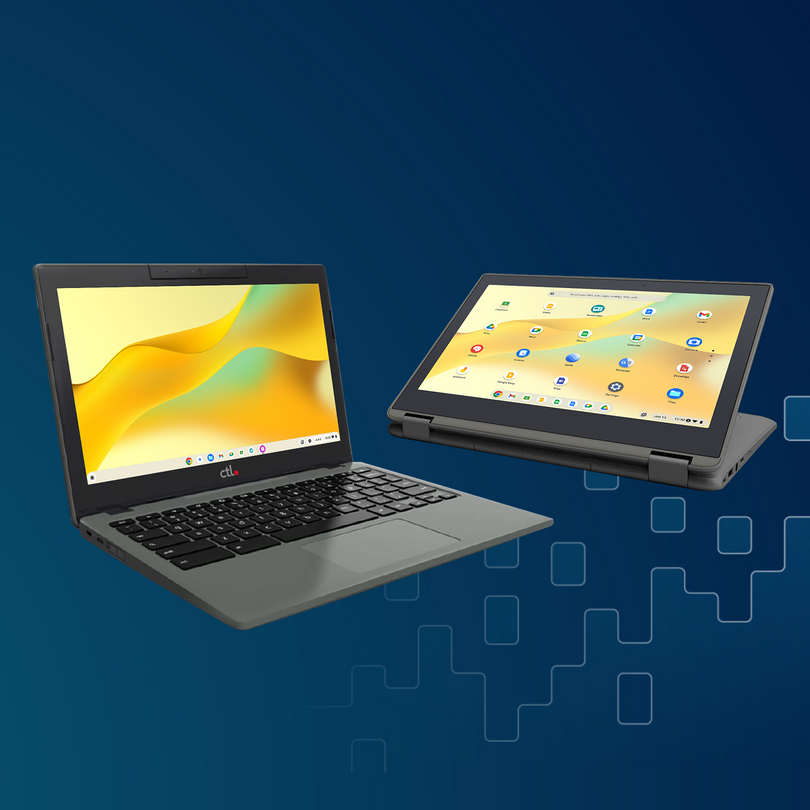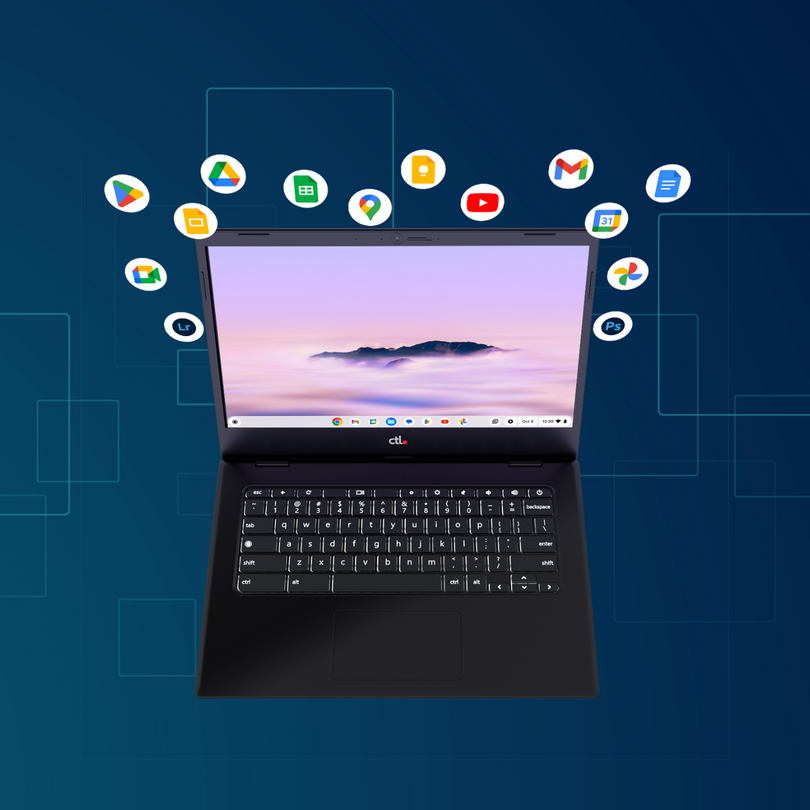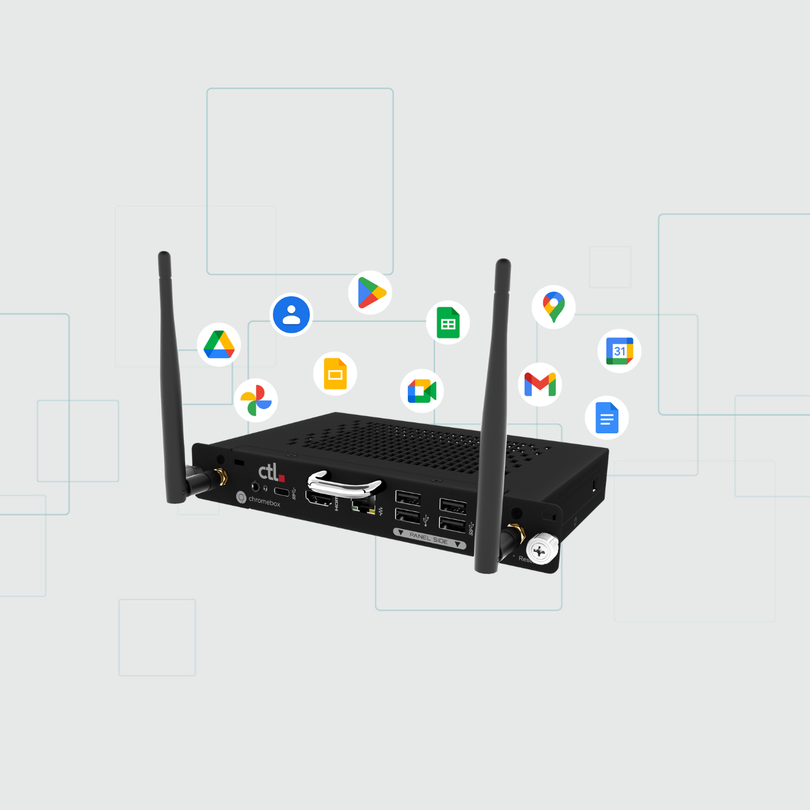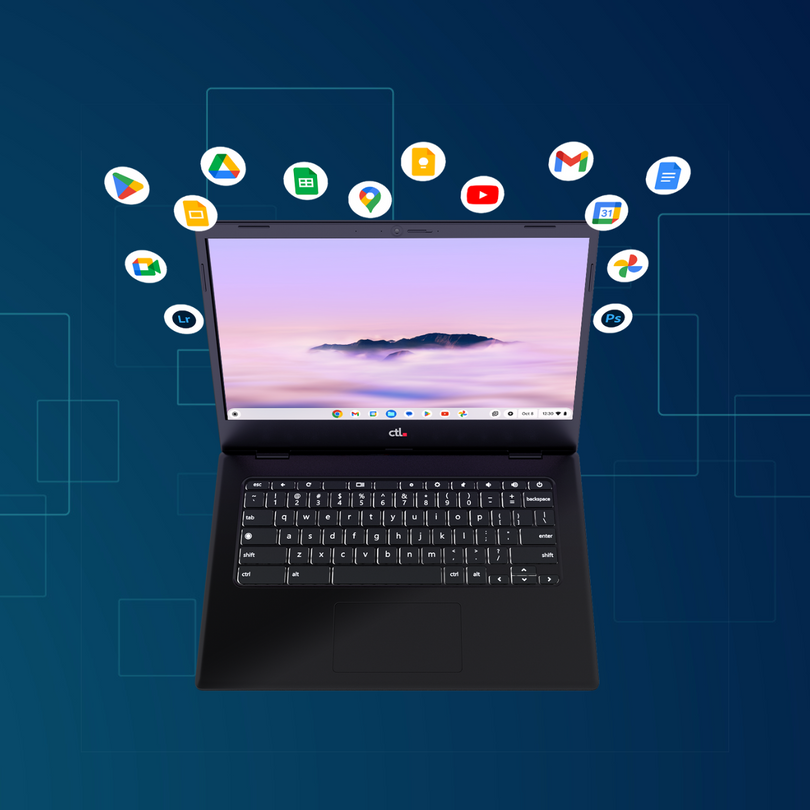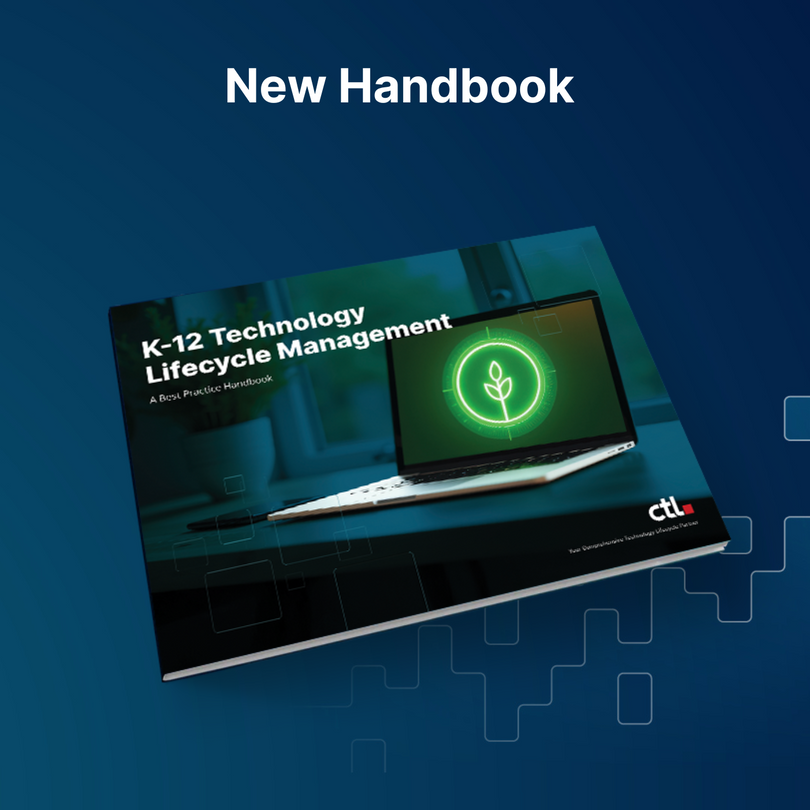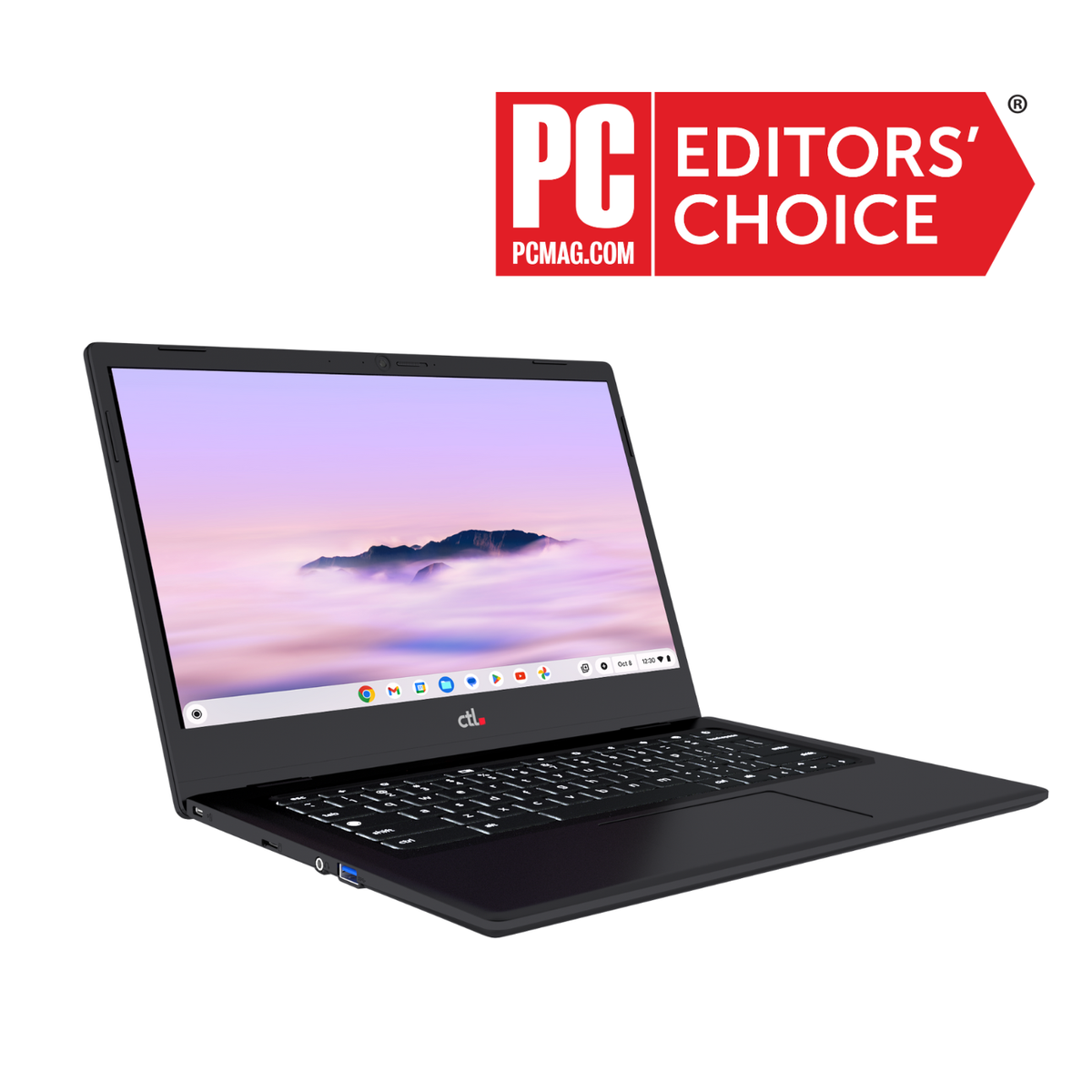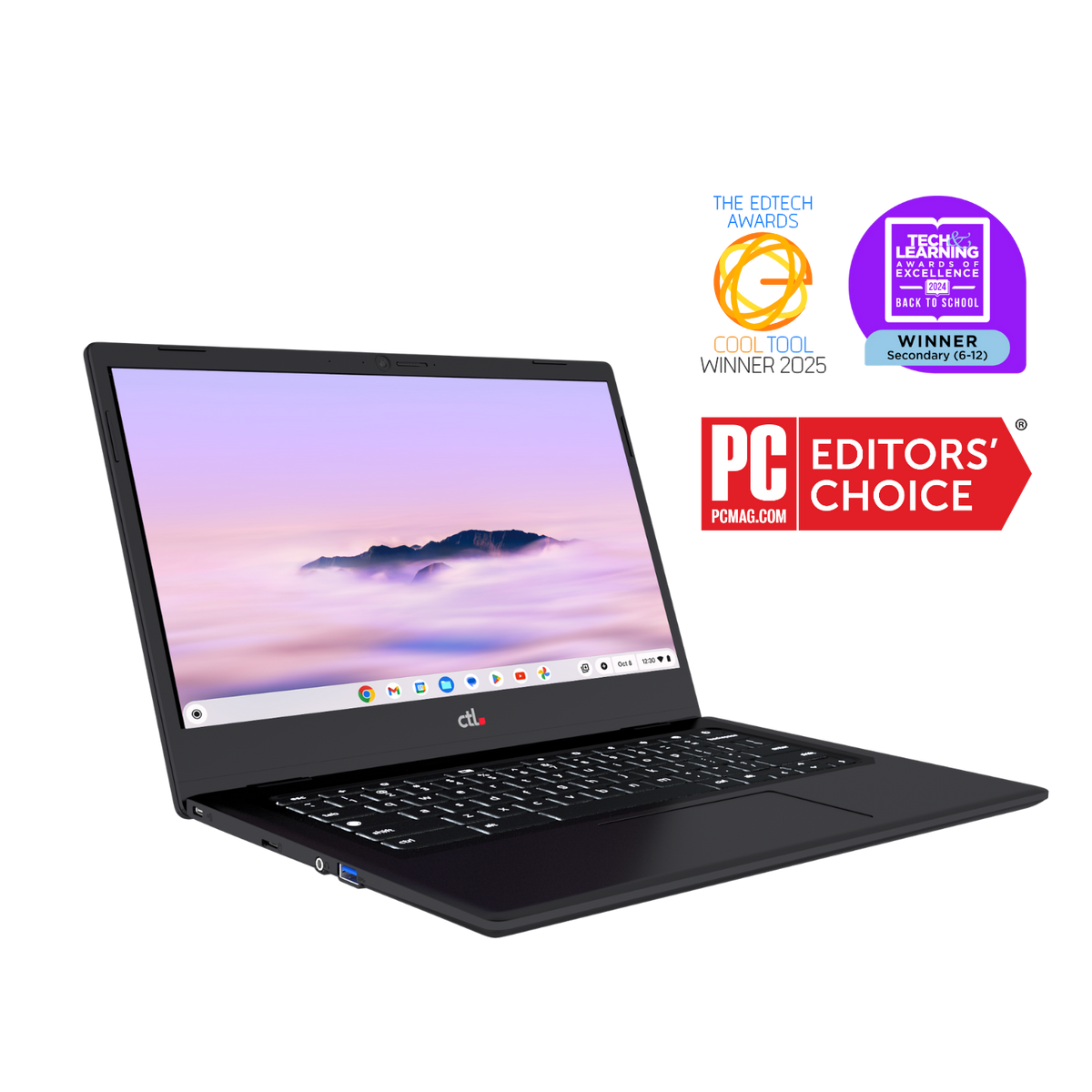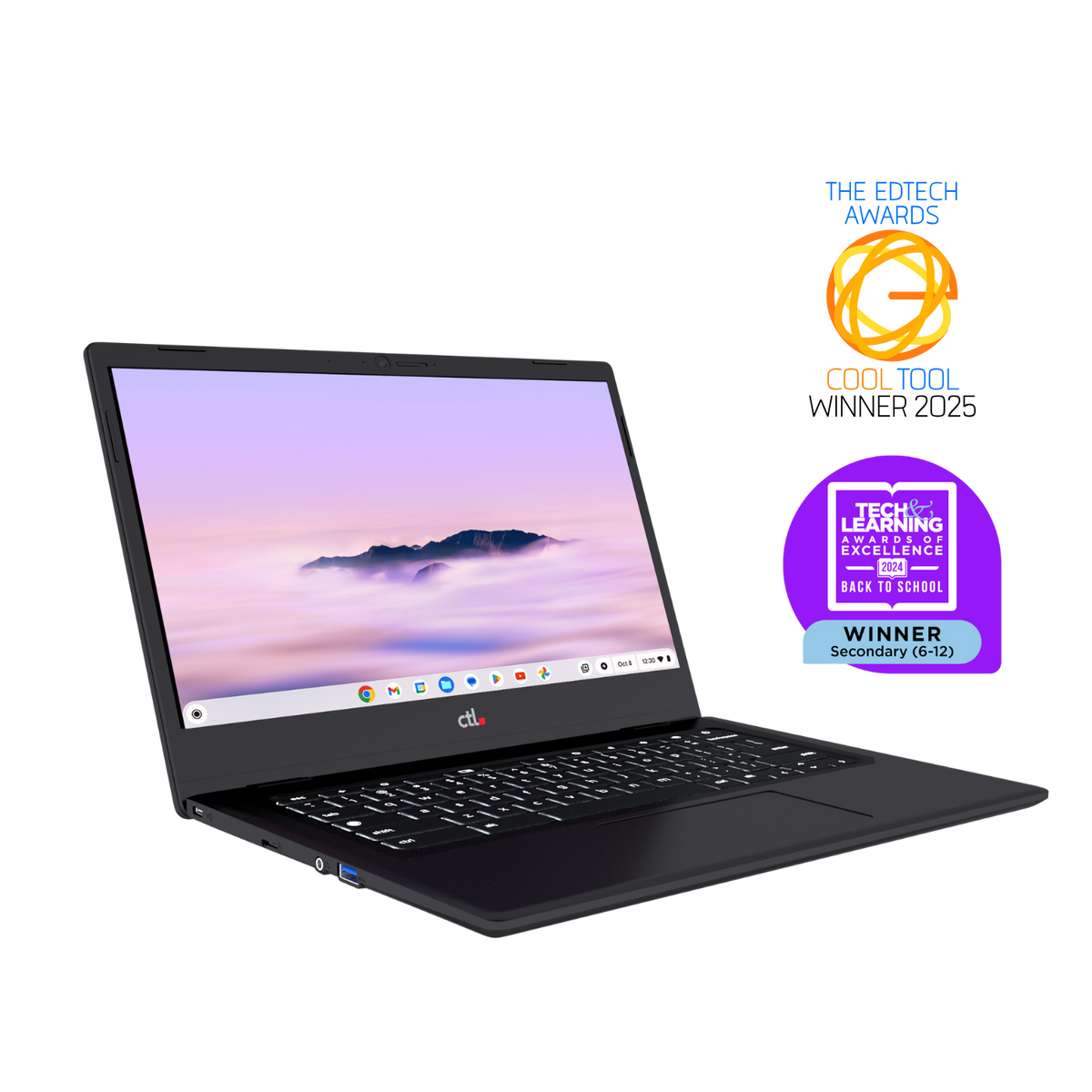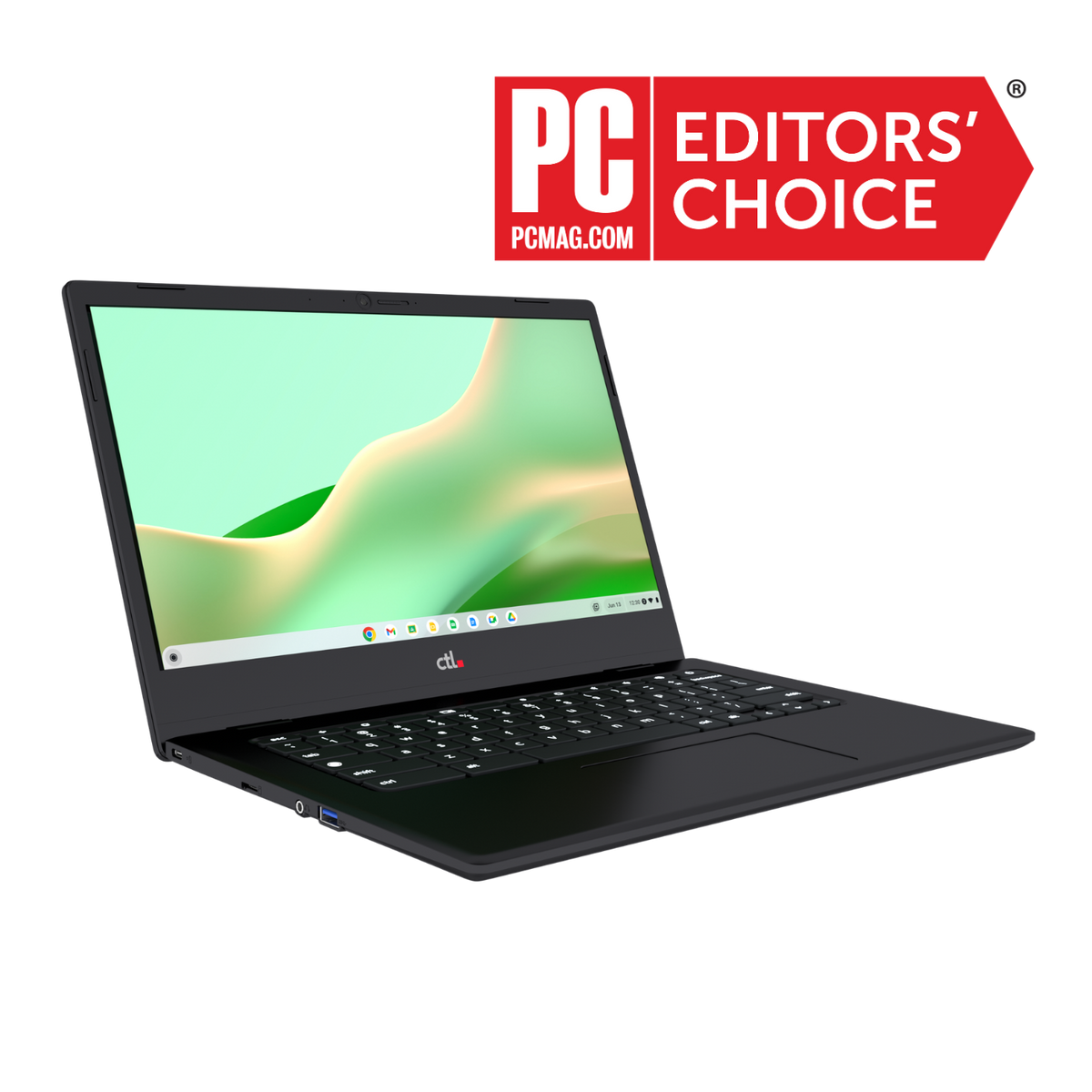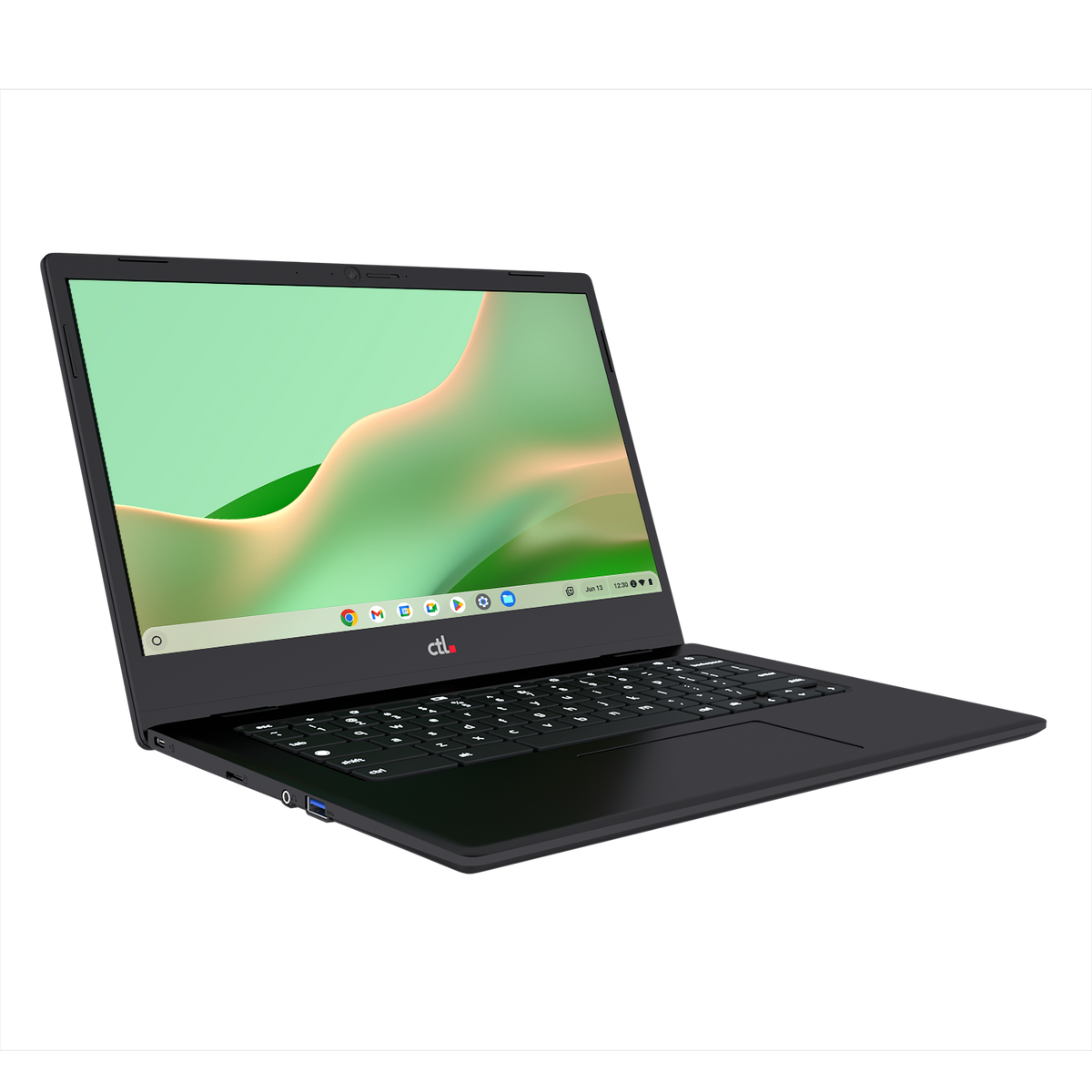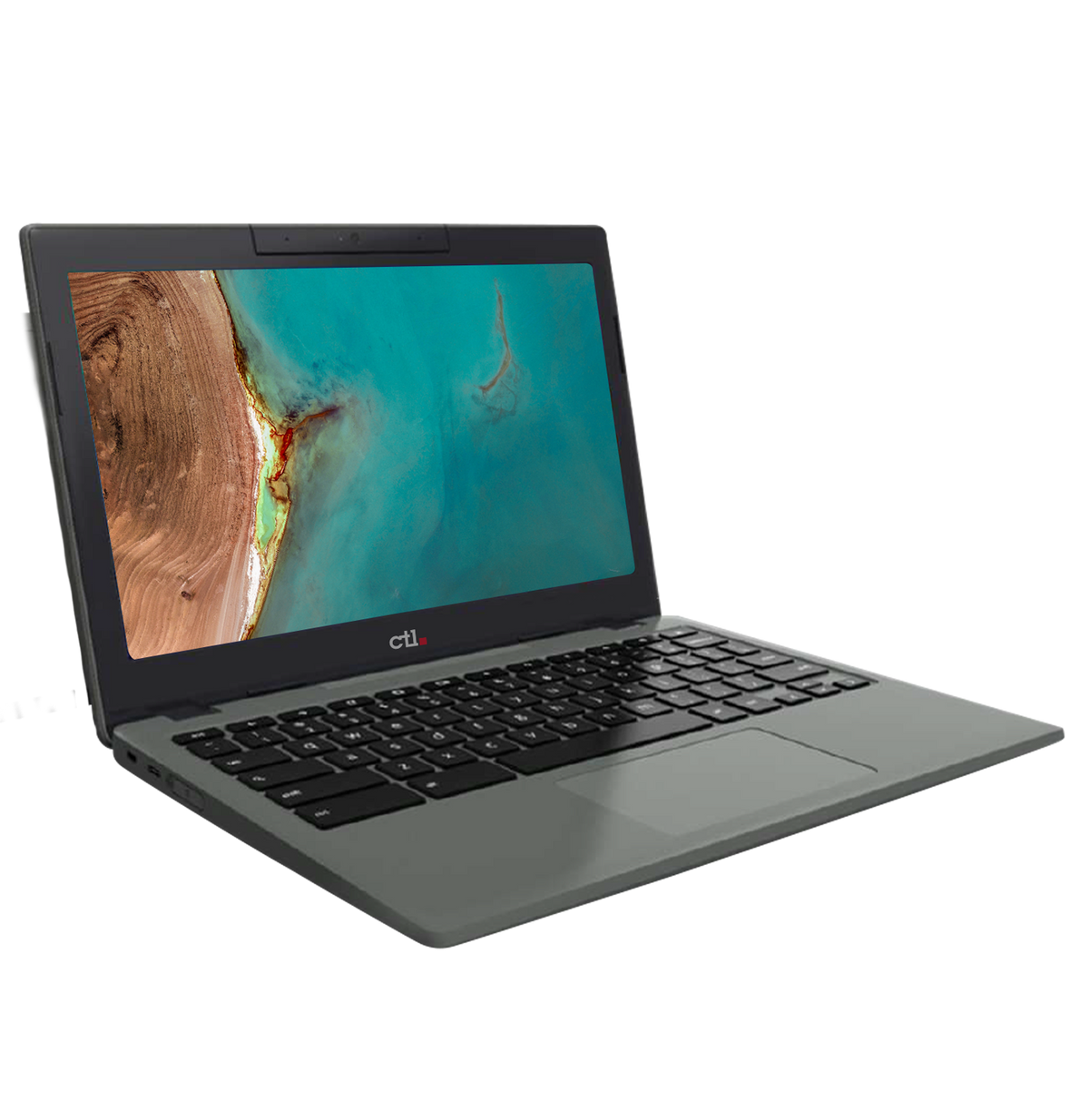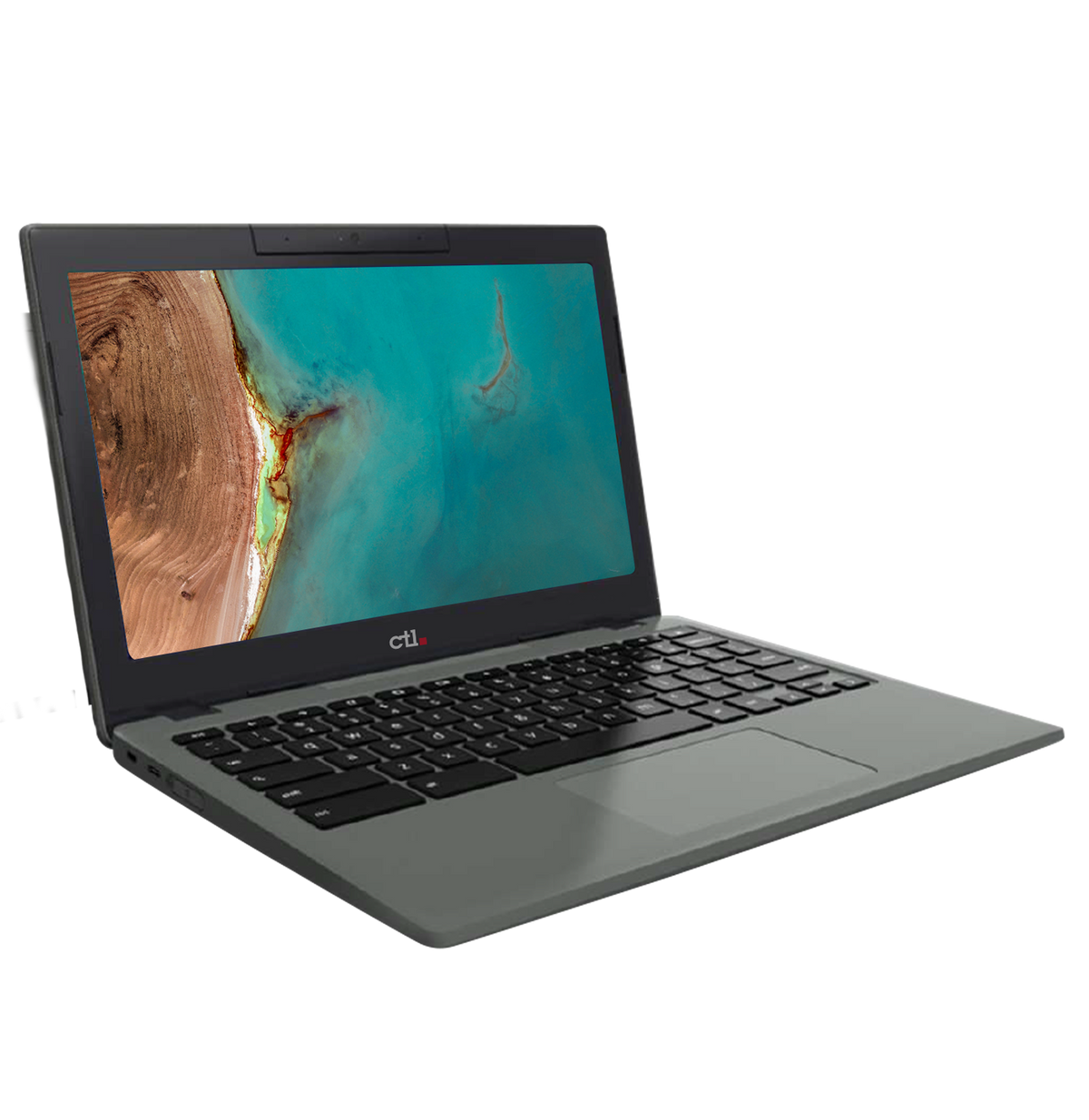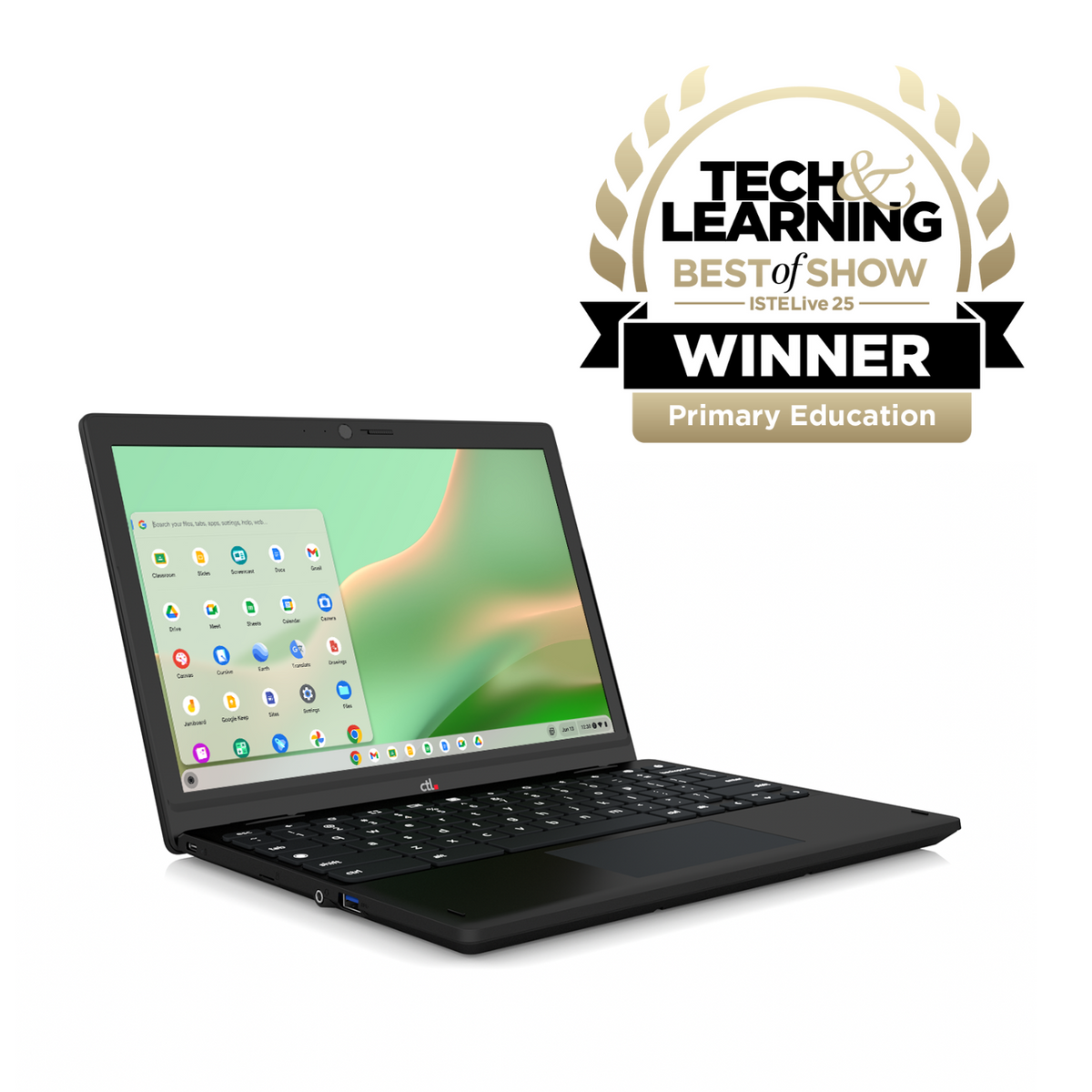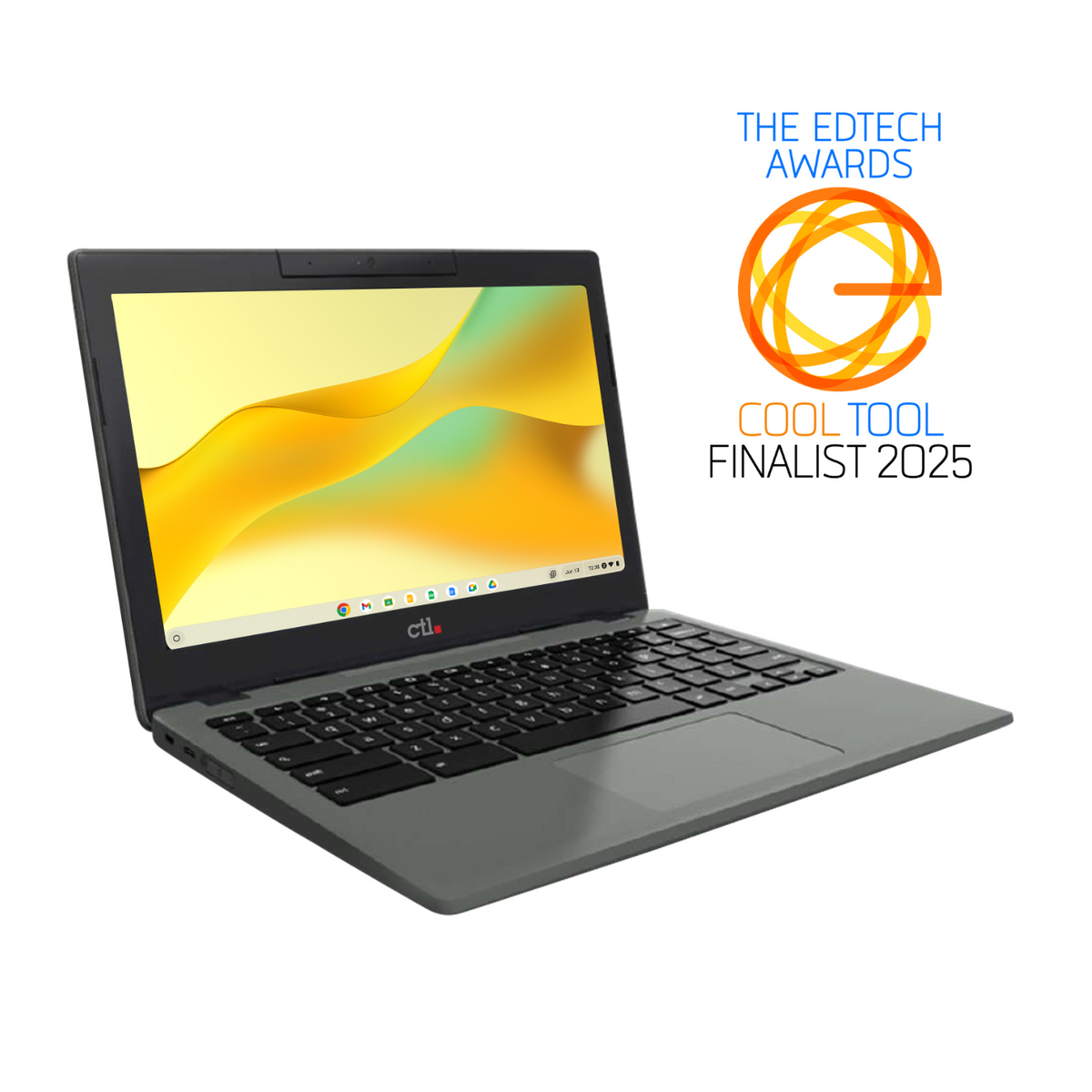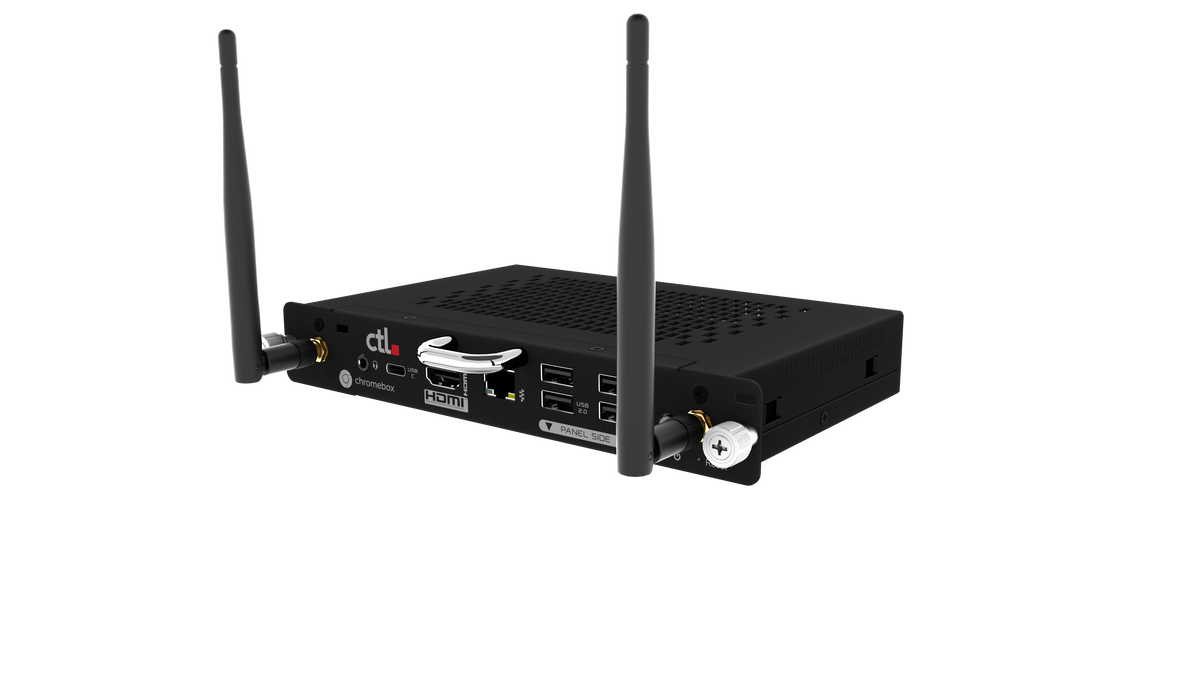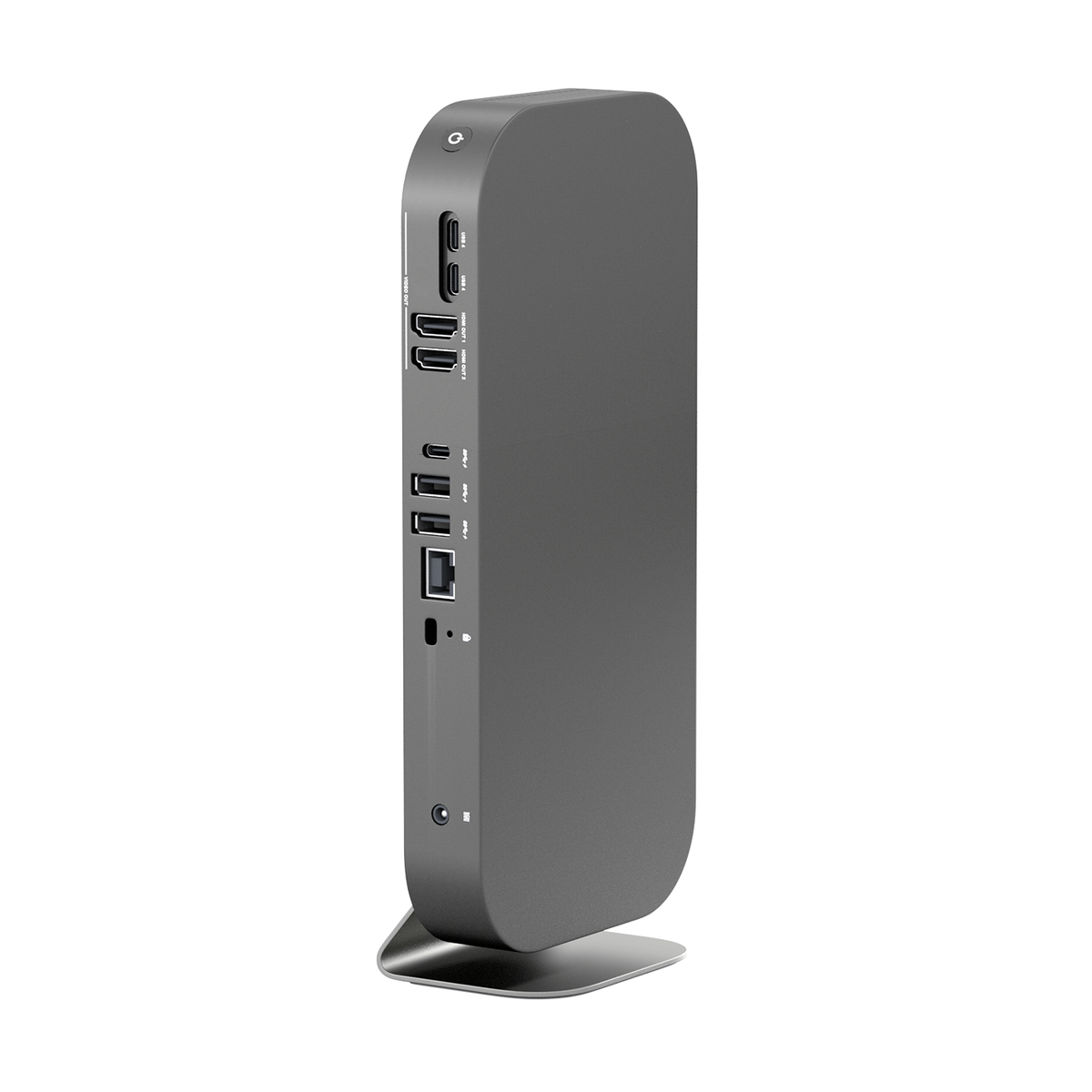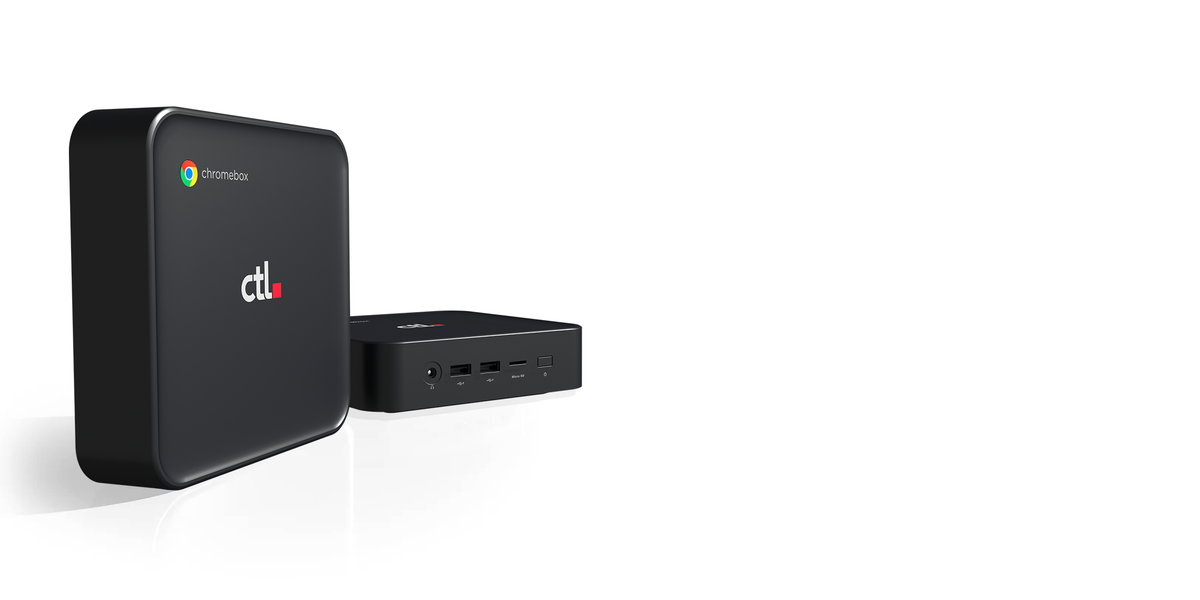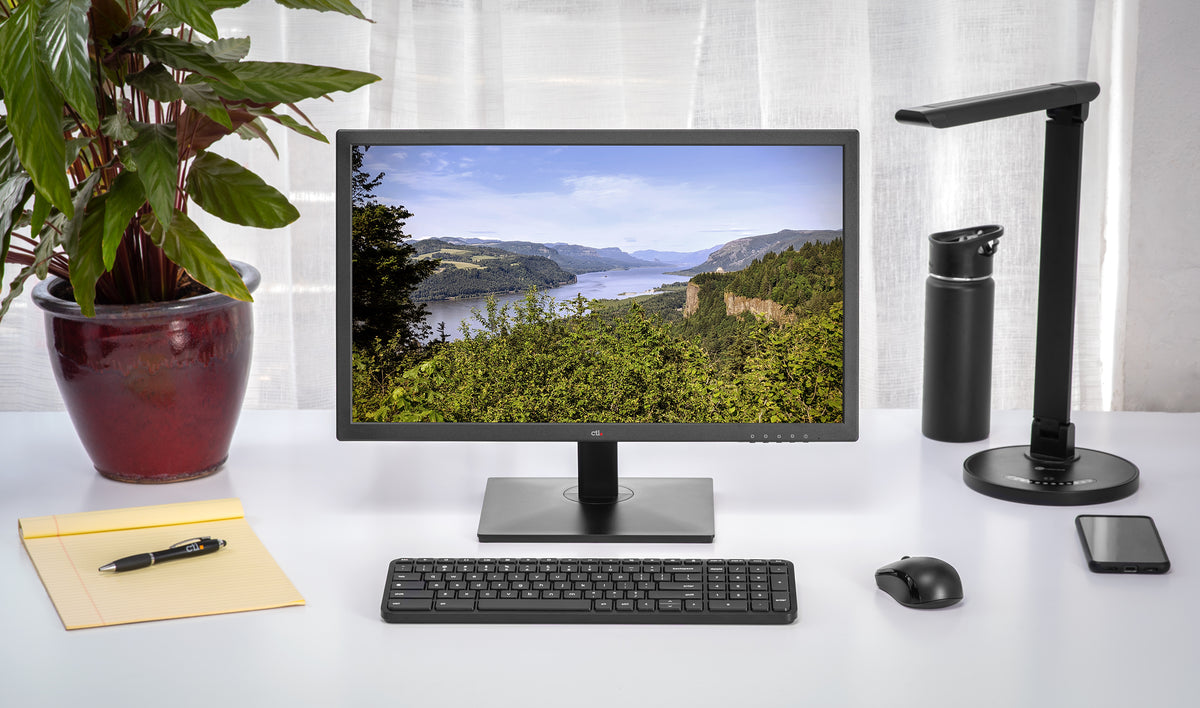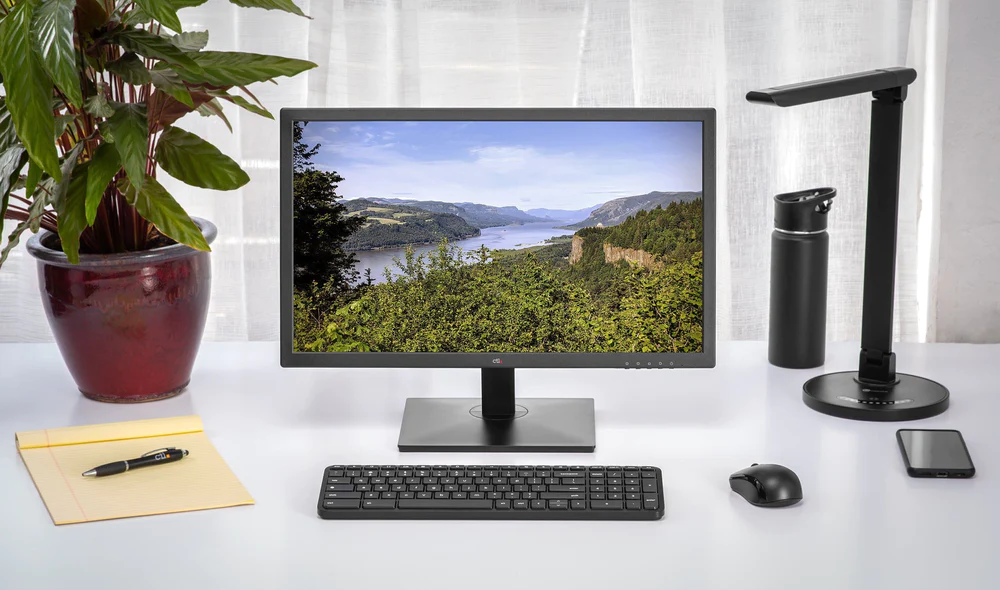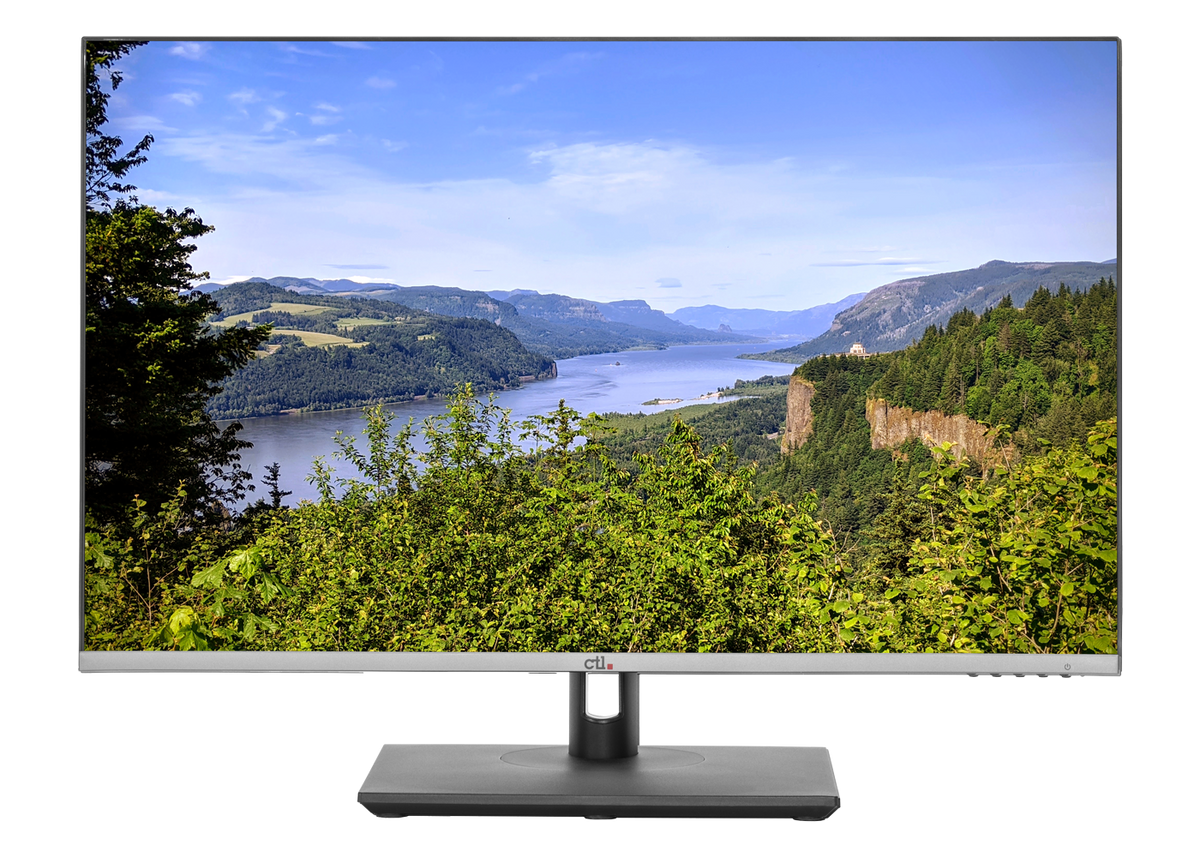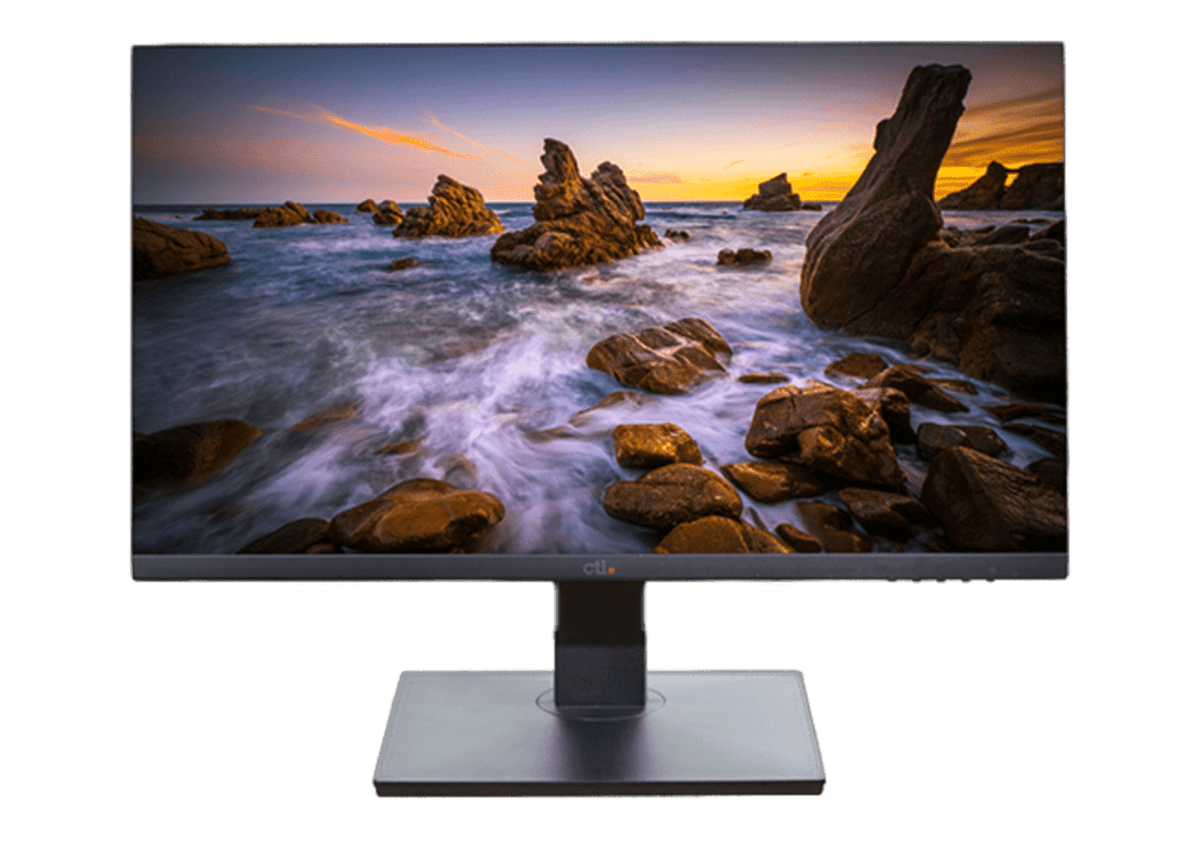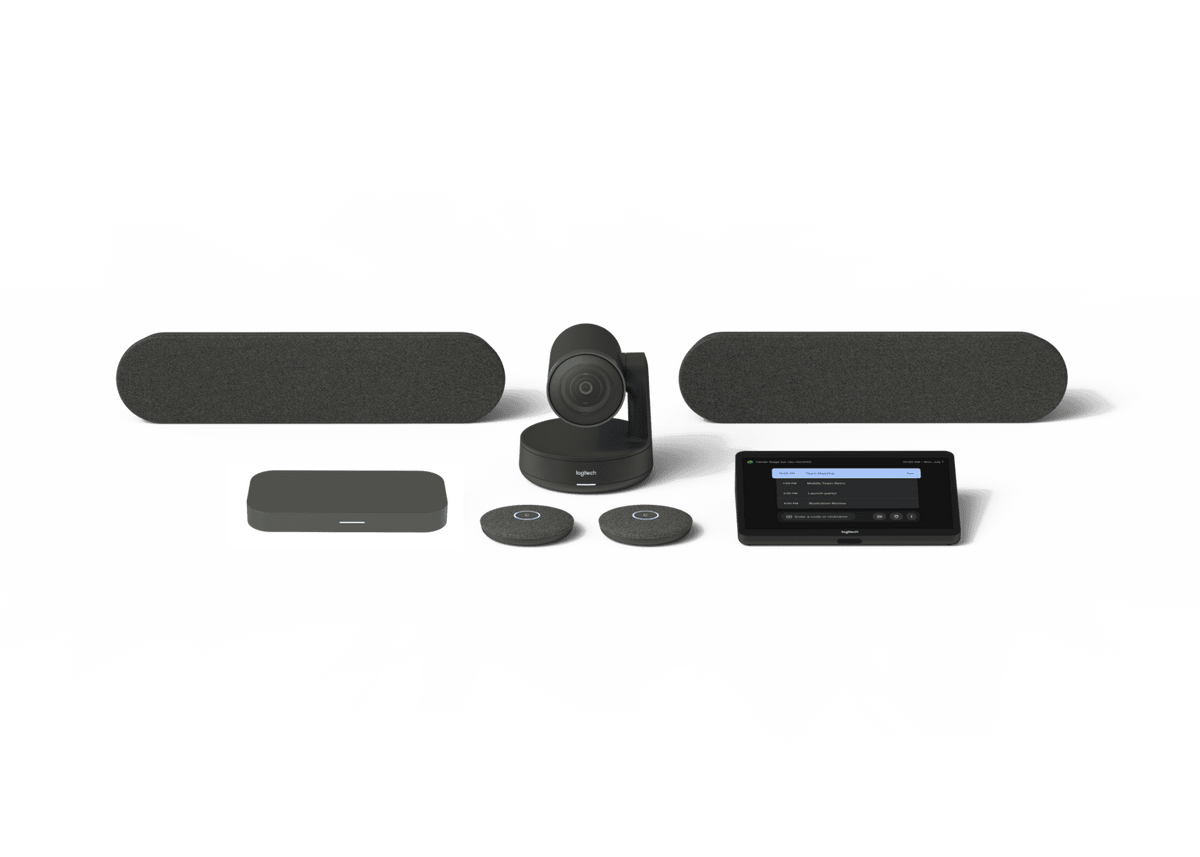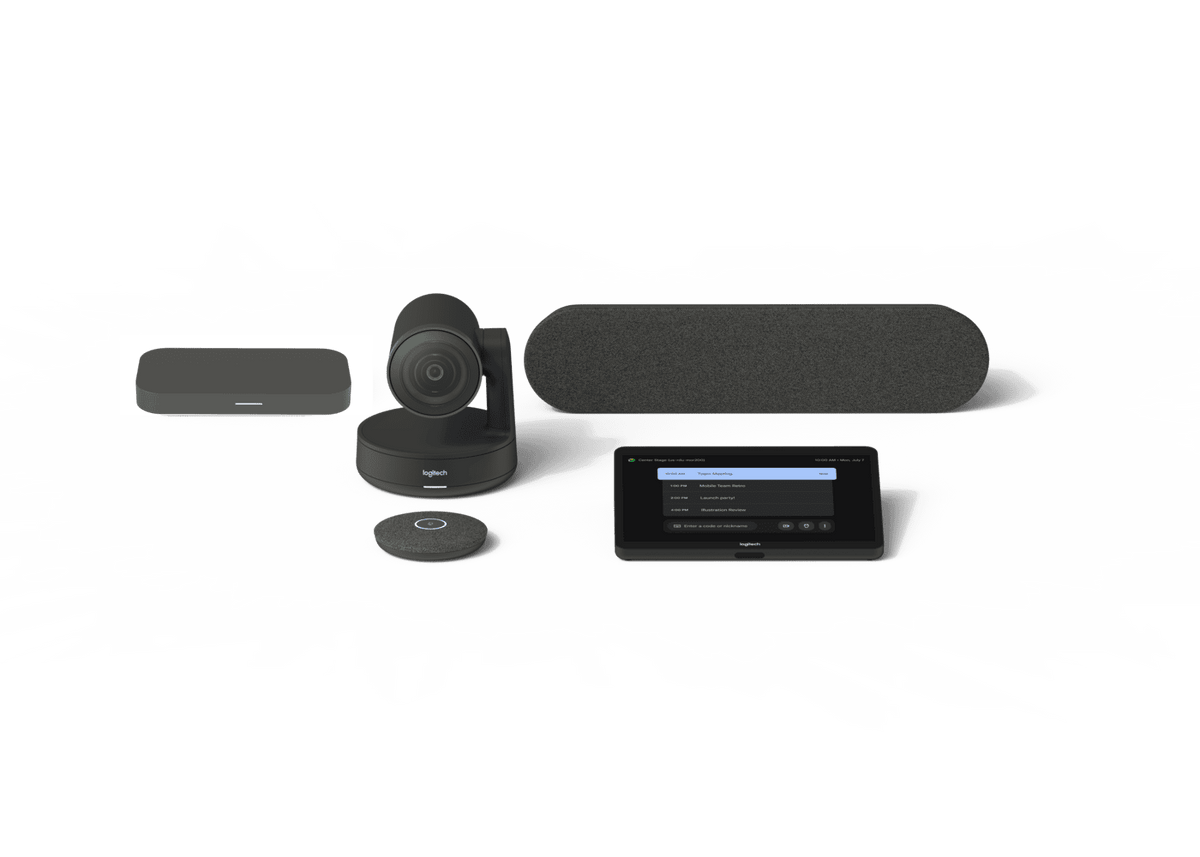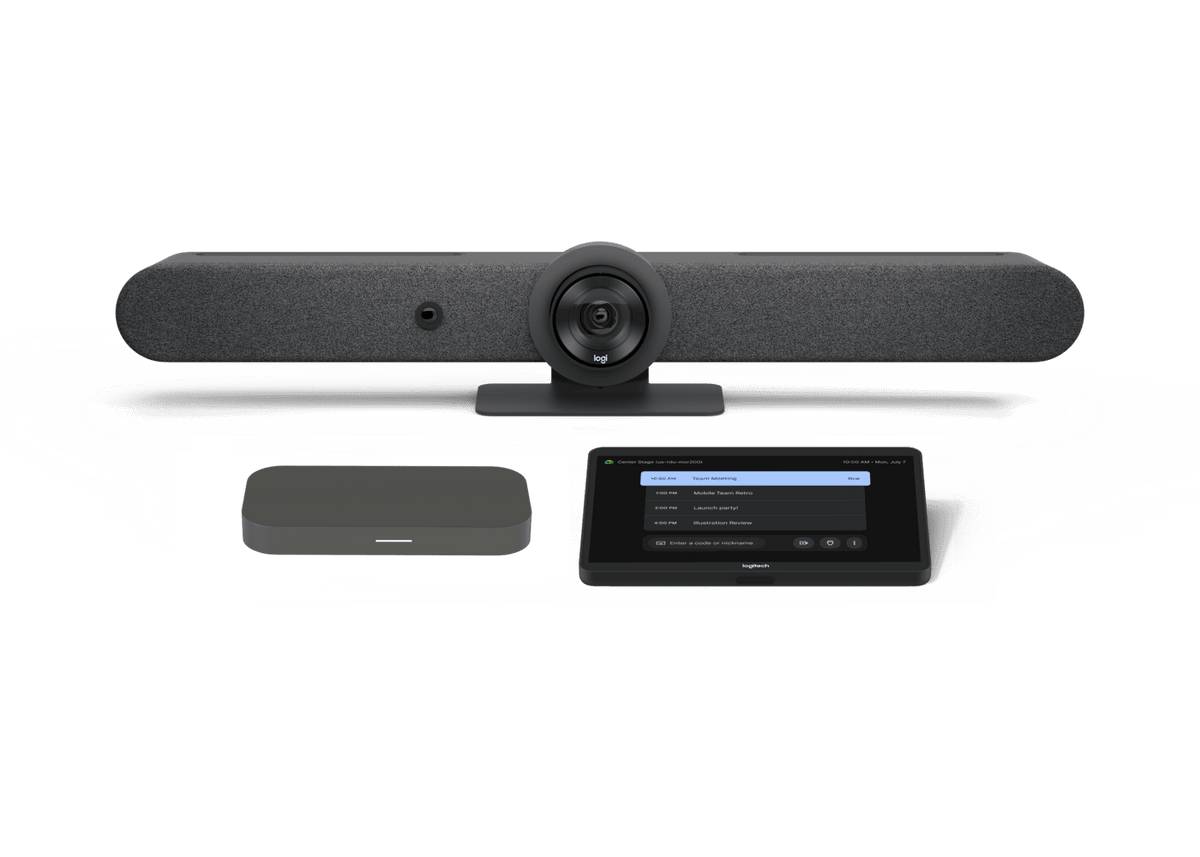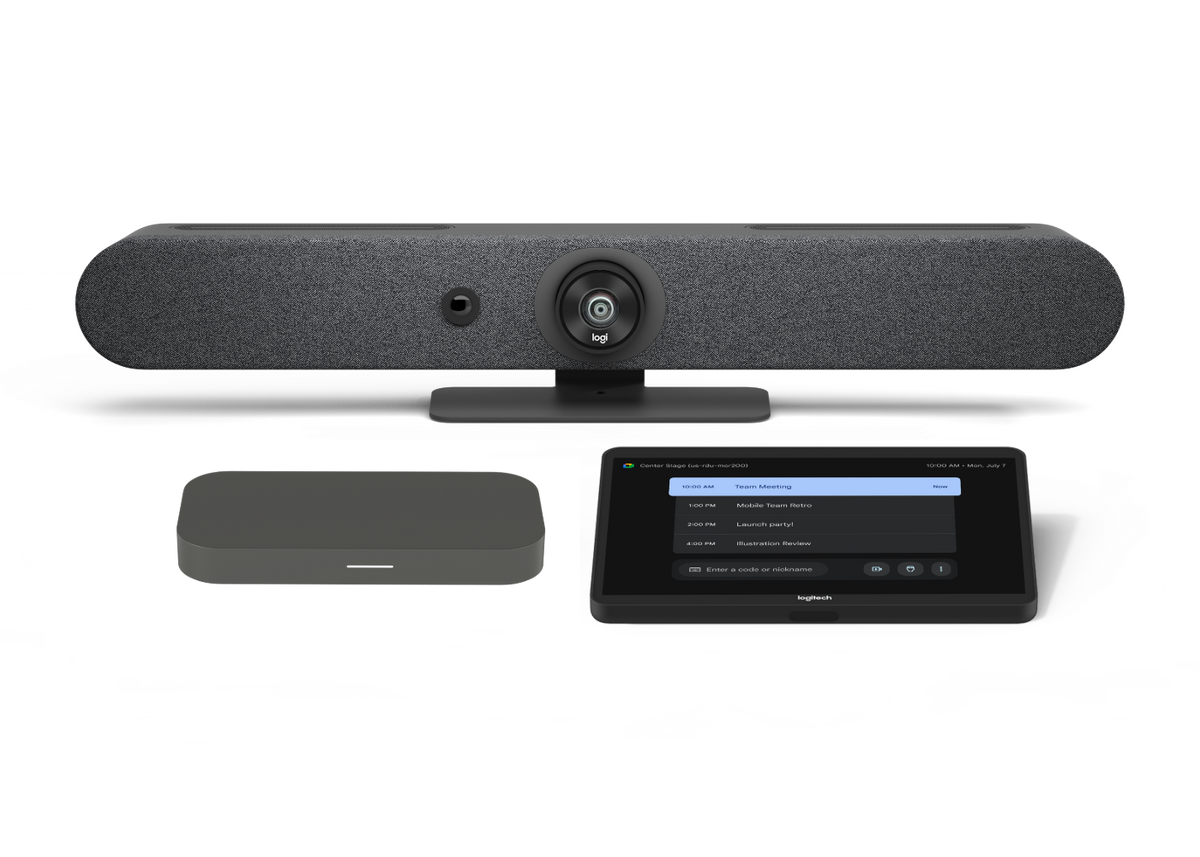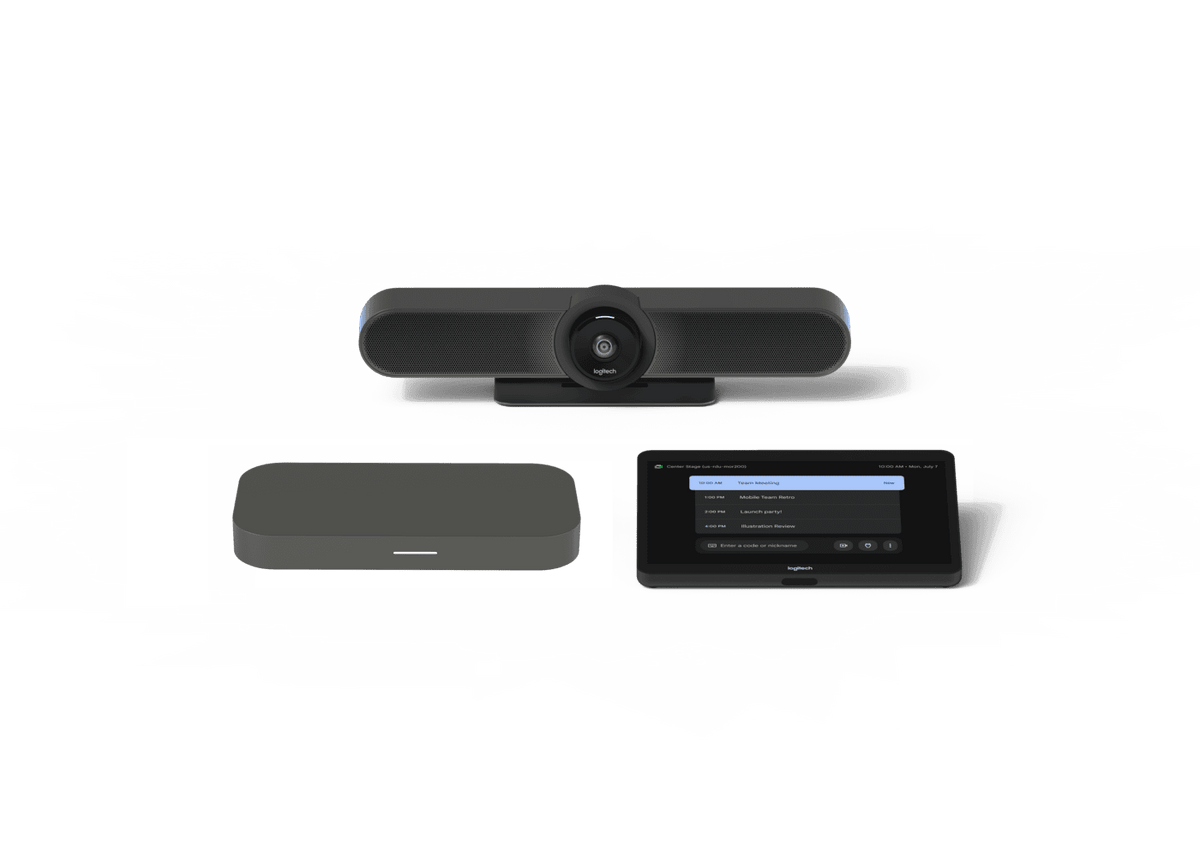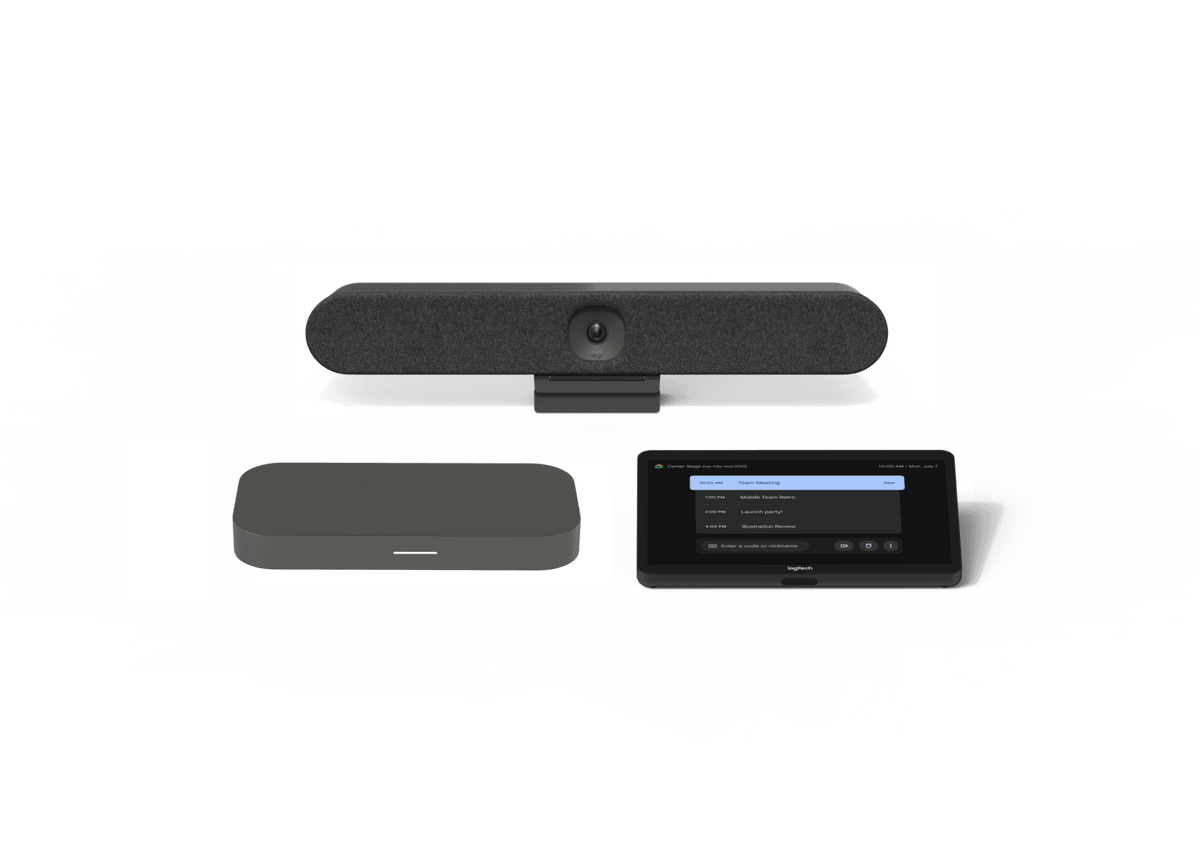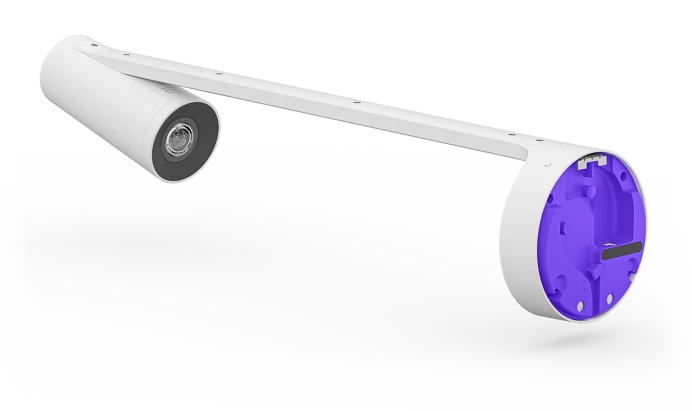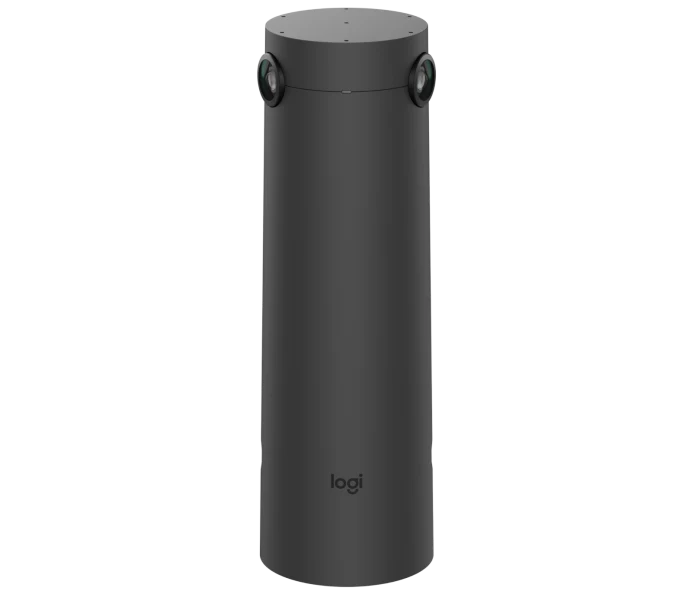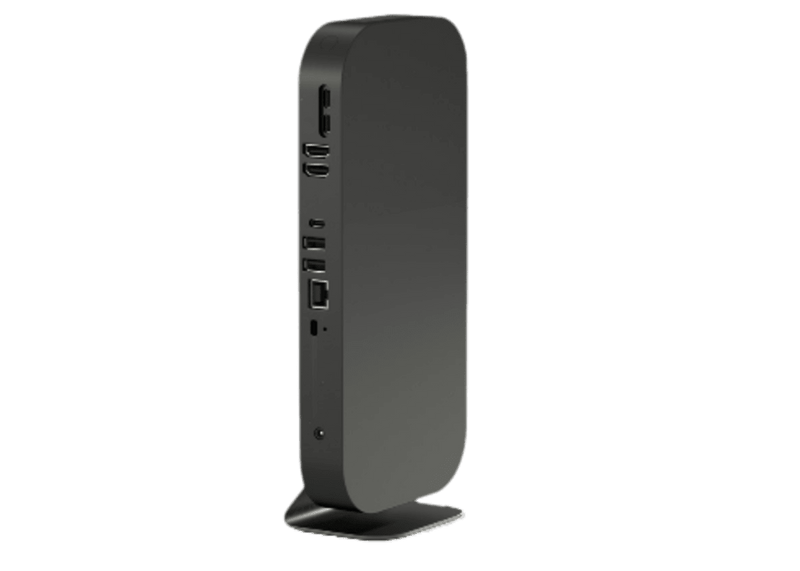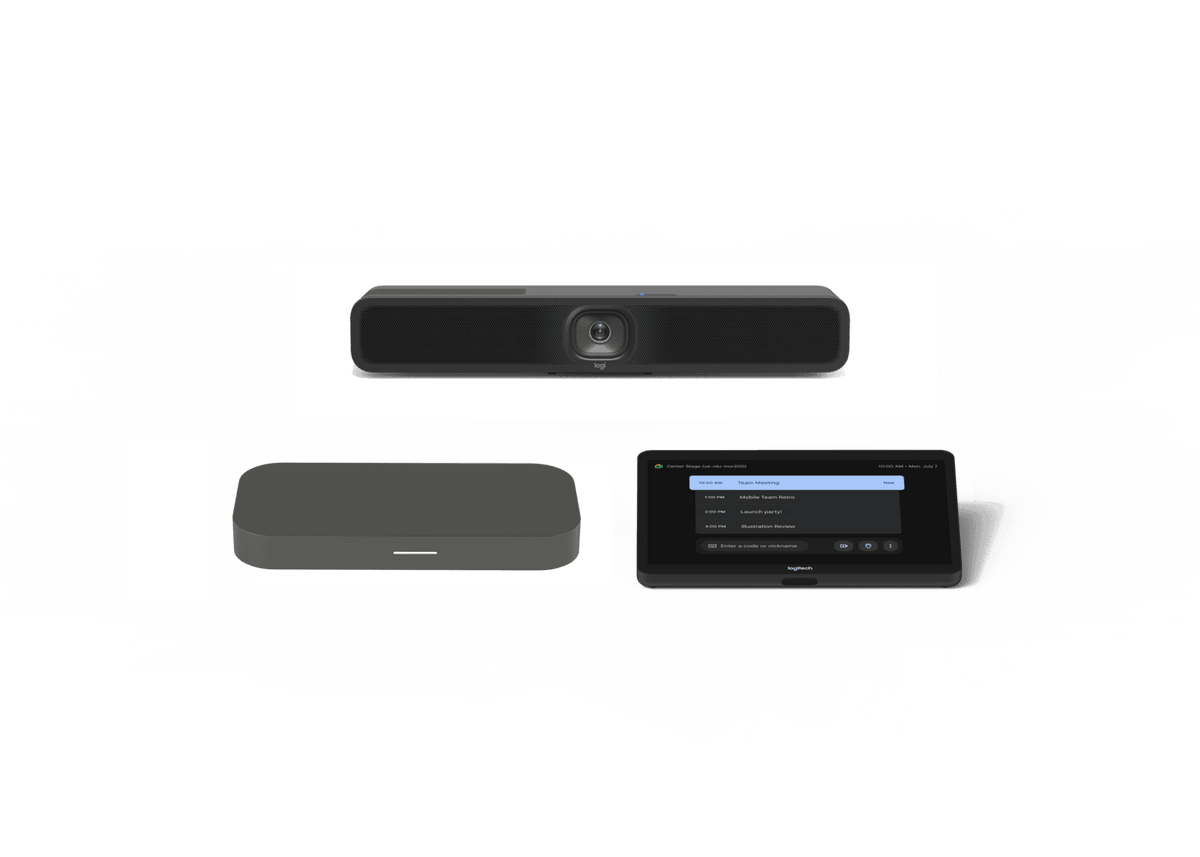In the sensitive and evolving field of mental and behavioral health, efficient operations, robust security, and seamless client interaction form a solid foundation for positive patient outcomes. Clinicians and administrative staff need reliable, user-friendly technology that supports their vital work without adding complexity or excessive cost. While traditional computing solutions often come with high price tags and IT overhead, Chromebooks are emerging as a remarkably effective and intelligent choice for outpatient mental and behavioral health clinics.
For practices looking to streamline workflows, enhance data security, and maintain a budget-friendly approach, Chromebooks offer a compelling package. Companies like CTL, a trusted provider of ChromeOS devices, offer a range of Chromebooks that are well-suited to the unique demands of these clinics, providing the right blend of performance, durability, and value.
Understanding Your Clinic's Digital Pulse
Before making any technology shift, consider your clinic's primary digital activities to ensure Chromebooks are a good fit:
-
Core digital tasks. Do staff primarily manage Electronic Medical Records (EMR), schedule appointments, conduct telehealth sessions, process billing, or engage in secure internal communication?
-
Software compatibility. Is your existing EMR or practice management system primarily web-based? Most modern solutions for mental and behavioral health are cloud-hosted, making them perfect for Chromebooks.
-
Device needs. How many devices are required across various settings—reception, individual therapy rooms, group therapy spaces, or for remote clinicians?
-
Network reliability. Given the cloud-centric nature of Chromebooks, a stable and secure Wi-Fi network throughout your clinic is crucial.
Why Chromebooks Are a Healthy Prescription for Mental and Behavior Health Facilities
Here's why embracing Chromebooks can significantly benefit your mental and behavioral health clinic:
-
Seamless EMR access. Chromebooks excel at providing fast, secure, and intuitive access to web-based EMR systems. Clinicians can effortlessly document sessions, review client histories, manage treatment plans, and track progress notes in real-time, whether in a private office or a group therapy room. This direct access minimizes charting delays, improves accuracy, and ensures that all client data is readily available for integrated care.
-
Significantly low cost of ownership. Operating a mental health clinic involves careful resource allocation. Chromebooks offer a substantial financial advantage over traditional laptops or desktop PCs. Their simpler hardware and reliance on cloud-based software translate to lower upfront purchase prices and dramatically reduced long-term maintenance costs. Less money spent on software licenses, complex IT support, or virus protection means more resources can be directed towards client care. CTL provides a variety of Chromebook models that offer excellent performance and durability at an affordable price point, making them an economical choice.
-
Easy to deploy and manage. The simplicity of ChromeOS is a major boon for mental and behavioral health clinics, especially those with limited or no dedicated IT staff. Devices can be set up and configured rapidly, often in minutes, requiring minimal technical expertise. Updates are automatic and occur seamlessly in the background, minimizing disruptions to appointments. For clinics with multiple clinicians or locations, the Google Admin Console provides centralized management, allowing for easy user account provisioning, application deployment, and security policy enforcement from a single, intuitive dashboard.
-
Robust security & HIPAA compliance. Protecting sensitive client data is paramount in mental health. Chromebooks offer inherent security advantages. Their auto-updating OS and built-in virus protection create a highly secure environment. A Chromebook’s robust security posture helps mental and behavioral health clinics maintain HIPAA compliance and build client trust by safeguarding confidential information.
-
Enhanced portability & flexibility. Lightweight and with excellent battery life, many Chromebooks offer the portability needed for dynamic clinic environments. Clinicians can easily move between offices, conduct teletherapy sessions from various locations, or even take secure notes during group sessions, adapting to the diverse needs of their clients and practice.
Implementing Your Digital Care Plan
Considering the switch to Chromebooks? Here are a few strategic steps:
-
Pilot program. Start with a small group of clinicians or administrative staff to test the devices and workflows. Gather their feedback to fine-tune the implementation.
-
Focused training. Provide practical, hands-on training tailored to how staff will use Chromebooks with your specific EMR system.
-
Leverage management tools. Utilize the Google Admin Console to centralize device control, security settings, and app deployment.
In conclusion, for outpatient mental and behavioral health clinics seeking a blend of efficiency, security, and affordability, Chromebooks are an increasingly logical choice. By adopting this technology, practices can streamline operations, empower their clinicians, protect sensitive client data, and ultimately focus more on what truly matters: delivering high-quality care for mental well-being.

